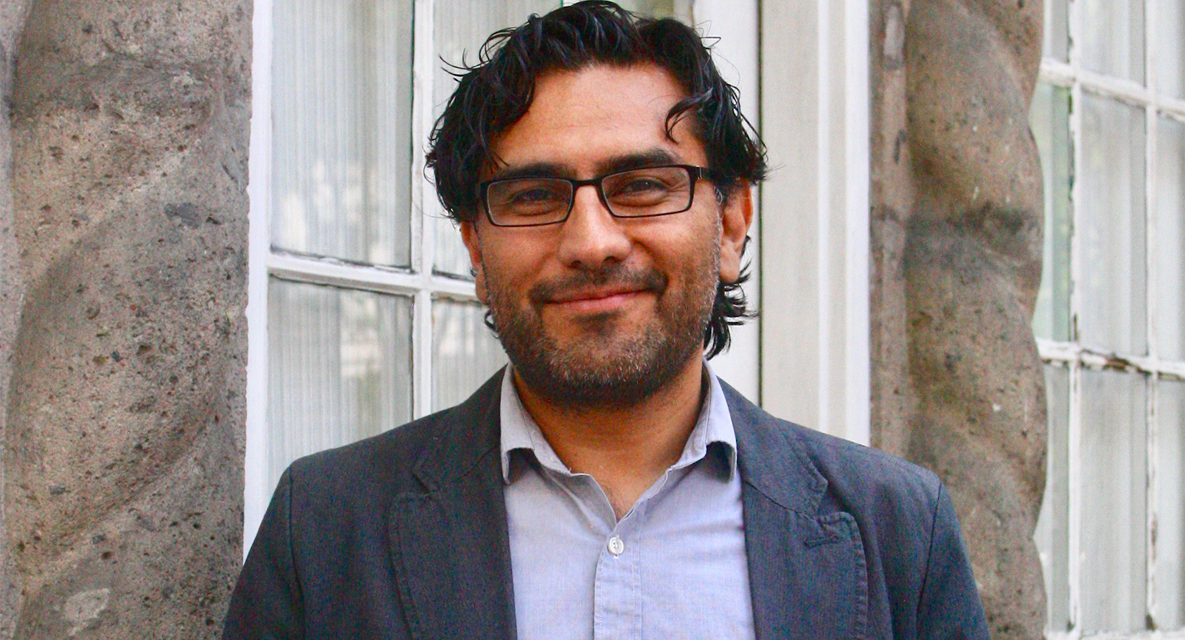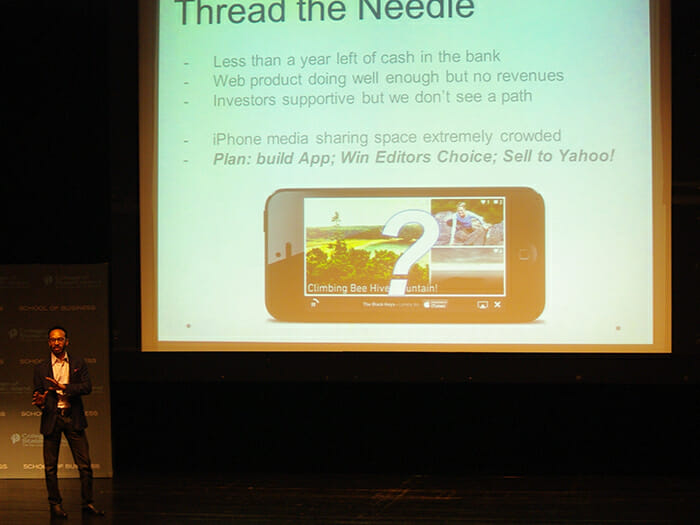Oswaldo Zavala, Professor of Latin American Literature and Culture at the College of Staten Island and The Graduate Center, CUNY, has been garnering considerable media attention since he published the book, Los cárteles no existen. Narcotráfico y cultura en México (Barcelona: Malpaso, 2018), recently translated as Drug Cartels Do Not Exist. Narcotrafficking in US and Mexican Culture (Nashville, TN: Vanderbilt University Press, 2022), as well as his latest investigative work, La guerra en las palabras. Una historia intelectual del “narco” en México (1975 – 2020) [War Within Words. An Intellectual History of the Mexican “Narco” (1975-2020) (México: Debate, 2020). The title of the former speaks for itself. In the latter book, Zavala traces the mythological narratives about the drug trade driven by the governments on both sides of the border to legitimize the military intervention in Mexico. He contends that so-called “drug cartels” have been conceived as extraordinary enemies to justify the deployment of soldiers and to normalize human rights violations and other atrocities. There have been over half a million killings and more than 100 thousand forced disappearances since the militarization of the country began in 2006. As a result, Zavala’s research has been featured in a number of publications, including The Los Angeles Times and The Nation.
Looking back on his background in attempting to understand drug trafficking and the so-called “war on drugs,” Zavala said that his work began in the 1990s when he became a newspaper reporter in Ciudad Juárez, which shares the border with El Paso, TX. “I was fortunate to have as mentors brilliant journalists who taught me to question the official version about the drug trade and to think critically of the language we use to describe traffickers and their groups,” he said.
Explaining his critique of “drug cartels,” Zavala argues that traffickers aren’t as powerful as politicians and media on both sides of the border purport them to be. Instead, he explained, the idea of “drug cartels” is mostly validated in hegemonic discursive practices. “In the late 1970s, the U.S. articulated a narrative to impose a politically guided understanding of the drug trade. Through the notion of a ‘cartel’, drawn from the field of economics, they created the idea that traffickers lead powerful transnational organizations capable of challenging the government and its armed forces while generating billions of dollars in illegal money. Most evidence shows that traffickers do not hold such power of fortune and rather live violent and precarious lives that often end with death or prison sentences for life.
“Drug traffickers exist, of course,” he continued, “but the idea of a ‘drug cartel’ is a fiction created to legitimize the brutal military campaign that currently occupies many regions of Mexico and that has resulted in the killing of hundreds of thousands of people, of which a disproportionate number are young, poor, brown men. It also justifies the astronomical public spending in security, and it masks state violence and atrocities blaming them on ‘drug wars’.”
Zavala added that the reason behind this rhetoric of a vast Latin American criminal network to inundate U.S. streets with drugs from countries like Mexico and Colombia, which eventually kill Americans, has its roots in racist and classist prejudice, drawing back to a “19th-Century tendency to criminalize poverty and racialized bodies. This, of course, erases the fact that rich white people consume drugs and launder drug profits in the international financial system, while the victims of the so-called ‘drug war’, the targets of the militarization, tend to be, once again, poor, uneducated, young men south of the border,” Zavala said.
When it comes to solving the real effects of drug trafficking, Zavala is skeptical of anti-drug efforts, which he says only provide incentives for clandestine markets. He believes that “the only reasonable, logical policy for our consumer society is to decriminalize and regulate the drug market. This also means to invest in public assistance to treat addictions. If we used just a fraction of the defense budget wasted on weapons and surveillance technology, thousands of lives could be saved in the U.S. alone, while those incarcerated for minor drug-related offenses could come home and rejoin their families and communities.”



![[video] Celebrate Italian Heritage with a benefit concert by the World’s Longest-running Phantom to support Italian Studies at CSI](https://csitoday.com/wp-content/uploads/2014/09/phantom-web.jpg)













